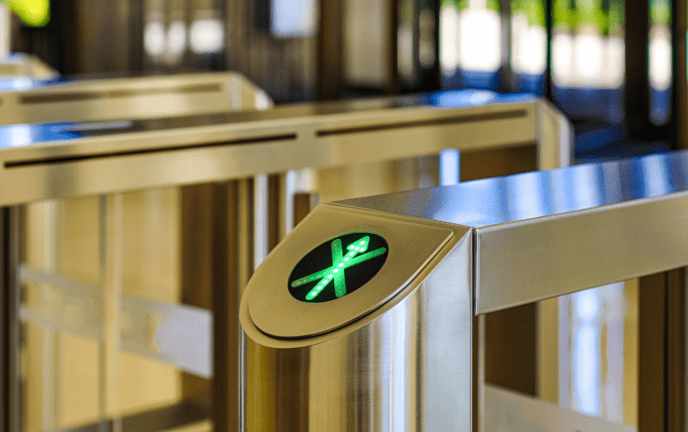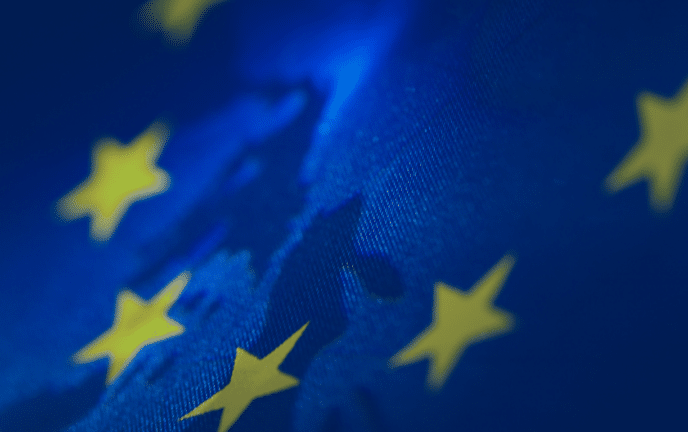The Dutch government has recently outlined its provisional stance on the use of generative AI (artificial intelligence that autonomously creates content) by state organizations. Emphasizing a values-driven and responsible implementation of AI, the government permits the use of generative AI as long as it complies with existing laws and regulations. To ensure adherence, a case-by-case risk analysis must be conducted.
This stance follows a swift evaluation, including a quick scan of the impact of generative AI, referring to the internal guidelines of the European Commission and seeking advice from legal experts and the Dutch Data Protection Authority (AP). Further discussions with municipalities and other governmental bodies are planned to establish a comprehensive government-wide position. The provisional stance extends to external parties providing services or products to state organizations using generative AI, as well as its experimental use in pilots or test environments.
Generative AI, capable of creating text, audio, images, code, and videos, focuses on generating novel content based on existing data, blurring the line between human and AI-generated content. One familiar application for the general public is AI chatbots, such as Chat GPT developed by OpenAI.
Revolutionizing AI adoption: How Relai sets the standard for secure Generative AI
Our recently introduced generative AI platform, Relai, stands as a testament to innovation and data security, seamlessly aligning with the requirements outlined in the government’s provisional stance.
This is attributed to various features and benefits offered by Relai, aligning with the security, data protection, and sector-specific needs of governmental entities.As we delve into the unique features of Relai, it becomes evident that our AI solution is not only a technological advancement but also a strategic enabler for responsible and secure adoption of generative AI.
Secured and Personalized AI Environments
Relai empowers users to create private and secure workspaces, crucial for handling sensitive information, especially for government agencies dealing with confidential data.
Blockchain Security
Utilizing blockchain technology, Relai hashes all documents, enhancing data security, ensuring data integrity, and transparency – vital for sectors with stringent data protection requirements like government entities.
Digital Signatures via Wallets
Each Relai user receives a unique wallet for digitally signing document summaries, improving data authenticity and ensuring its integrity.
Data Control
Relai users have complete control over their data, with the flexibility to keep it private or share it within their organization or affiliated entities, aligning with government privacy requirements.
Sector-Specific Customizations
Relai is tailored to meet the specific demands of various industries, allowing the AI platform to comprehend the nuances and complexities of each unique field – particularly crucial for government sectors with specialized data protection needs.
Seamless Integration with Existing Systems
Relai seamlessly integrates with existing systems, enabling government agencies to leverage AI without compromising their security or data protection standards.
Diverse Sector Experience
Ledger Leopard brings extensive experience in developing solutions for various industries, including healthcare, finance, and government. This expertise positions them as a reliable partner for introducing AI in complex and regulated environments.
In summary, Relai not only offers powerful AI capabilities but also meets the rigorous requirements for data security and privacy, making it a suitable choice for the government’s exploration and implementation of generative AI solutions in its operations.





